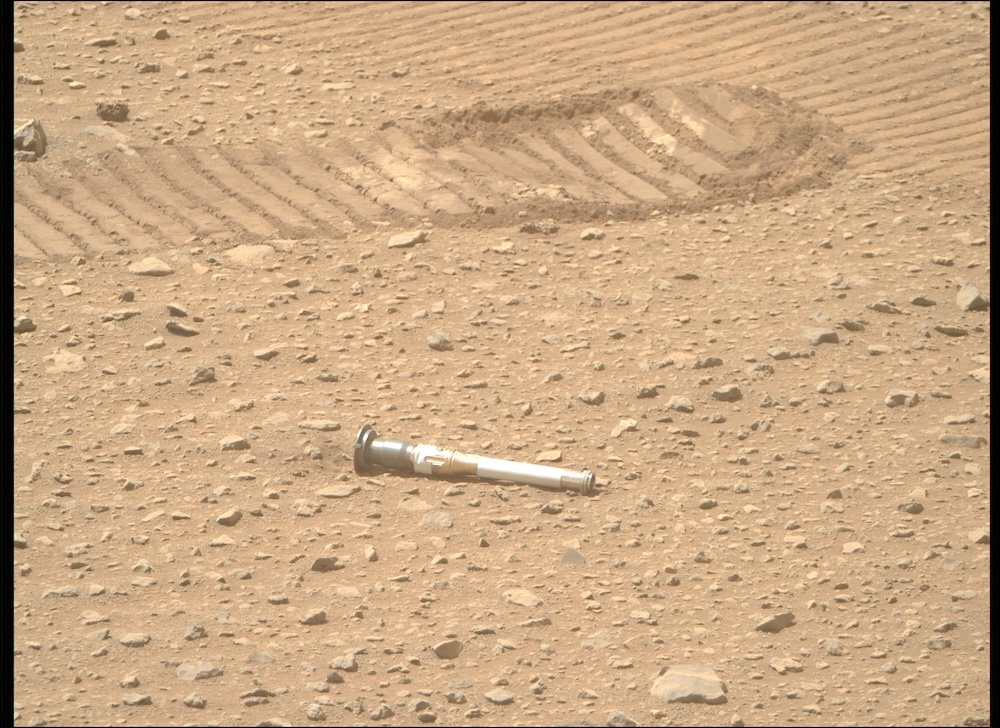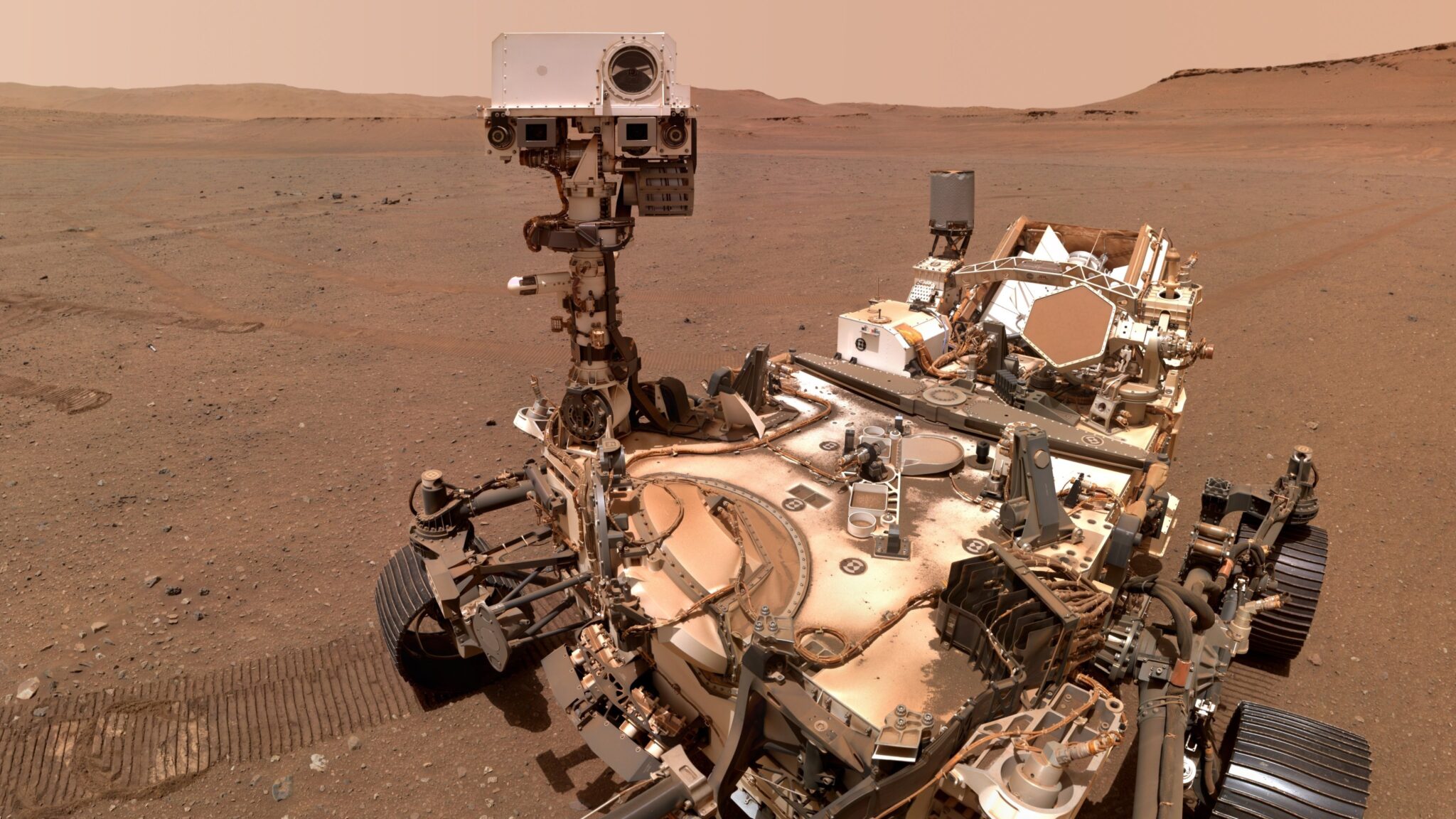Mars holds a special place in our hearts, because among all the planets in the Solar System, it is the most promising for finding traces of alien life. NASA’s Perseverance Mars rover is exploring the Jezero crater, collecting rock and air samples for further analysis by scientists.

Mars 2020 mission was launched on July 30, 2020. On February 18, 2021, the rover successfully landed in the Jezero crater, a dried-up riverbed that is a promising place to look for possible evidence of life on Mars. Perseverance is equipped with many tools, including the Ingenuity drone that assisted in the exploration of the planet.
One exciting aspect of the mission is the collection of rock samples as part of the Mars Sample Return campaign. To date, 24 samples have been collected and placed in special capsules and stored on the surface of Mars, awaiting a future mission that will collect them and deliver them to Earth. The samples include not only rocks, but also air from Mars’ atmosphere stored in special test tubes.

Mars’ carbon dioxide-rich atmosphere contains traces of other gases, the analysis of which can provide information about the current climate and the evolution of the planet’s atmosphere. One important test tube is the one filled exclusively with atmospheric gas. This sample may interact with rock in a test tube before being discovered on Earth, allowing scientists to learn more about water vapor levels near the surface of Mars.
Not only water vapor, but also trace levels of gases such as neon, argon and xenon are of interest to scientists. Since these gases don’t react, their presence may be indicative of Mars’ former denser atmosphere. Mars is known to have had a much thicker atmosphere in the past, but it remains unclear whether it always existed or developed later.
Analyzing the samples may provide valuable information for future human studies. Gas samples can shed light on the processes of planet formation and evolution.
Earlier we reported on the fact that the human body wouldn’t survive interplanetary flight.
According to space.com


